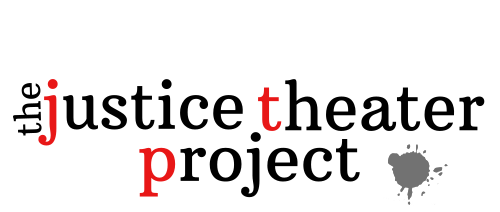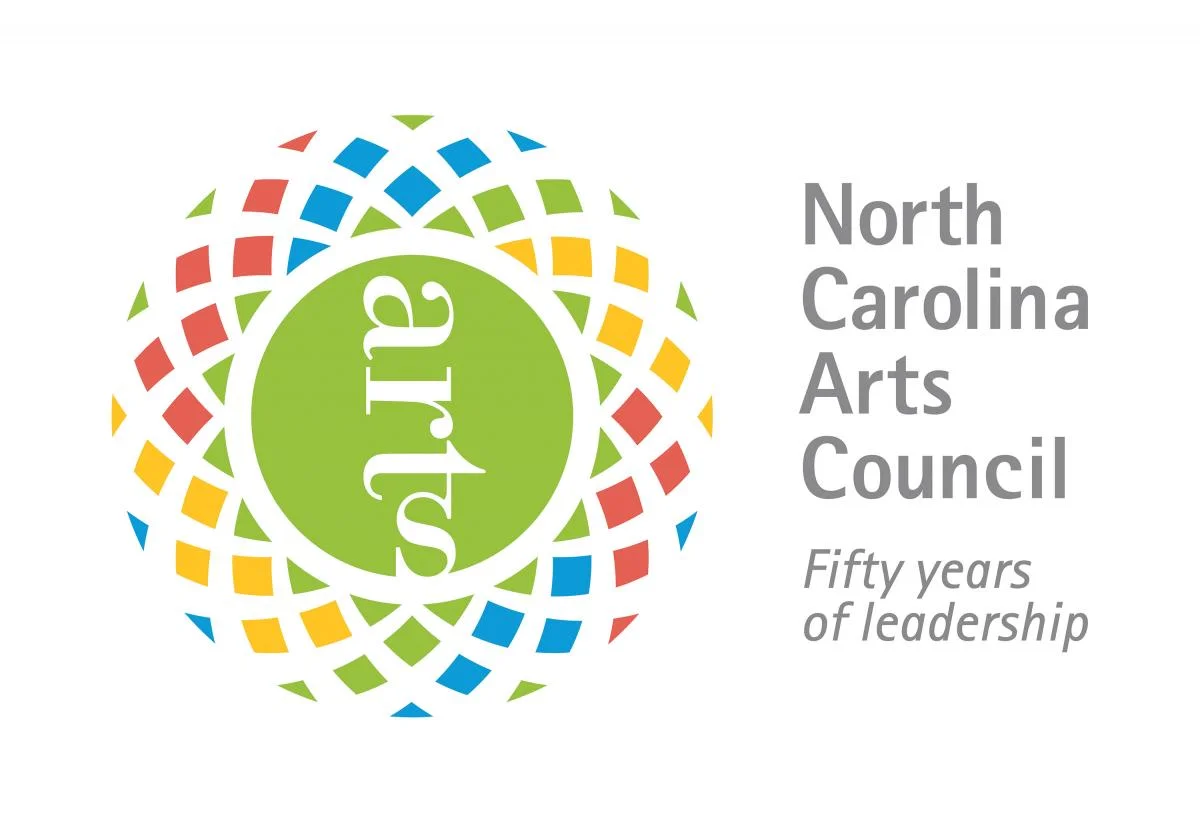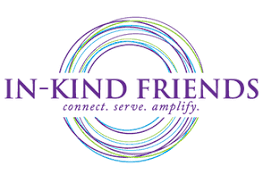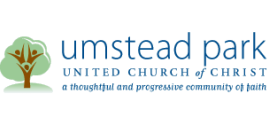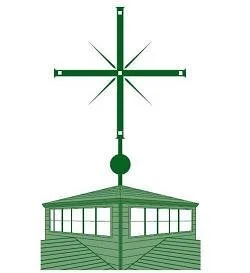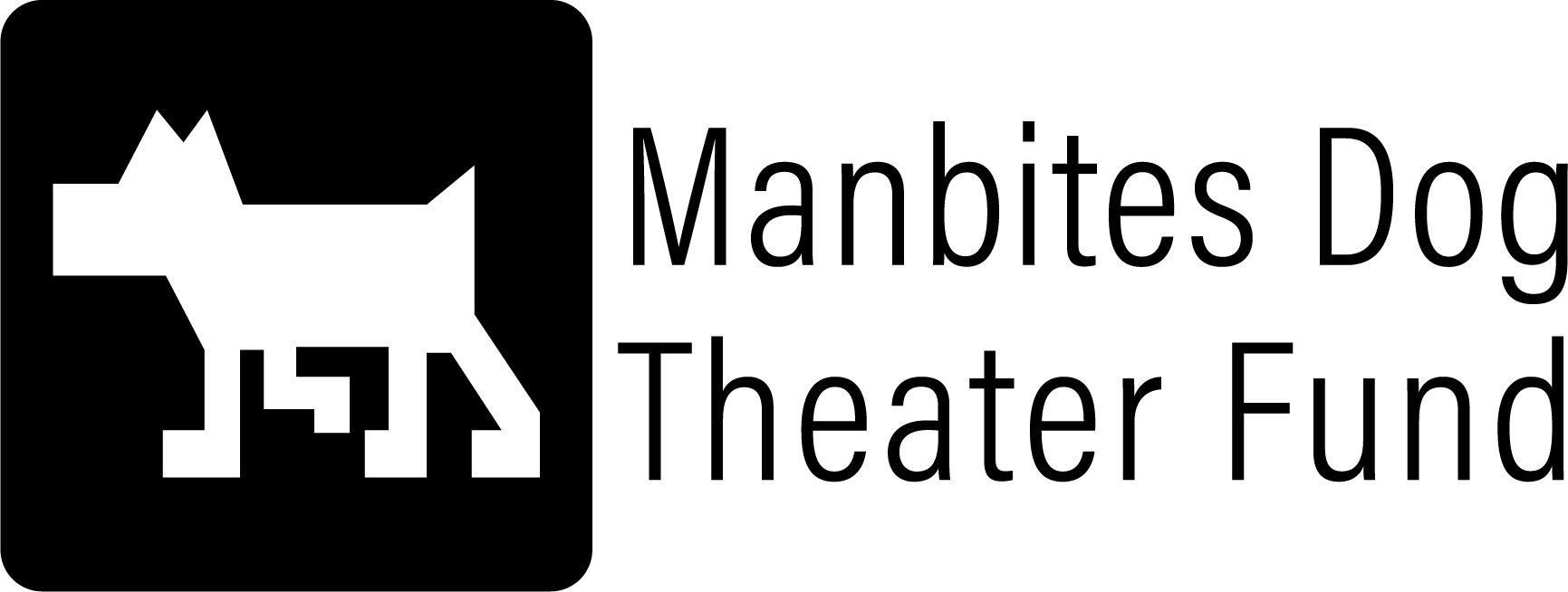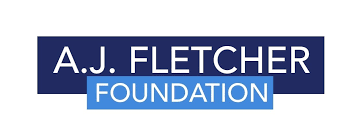wo ahin soll ich geh’n/where can i go?
BUY ON DEMAND and watch right now on VIMEO. CLICK HERE.
TICKETS: Purchase on ON DEMAND view of the film HERE
For admission to the April 18th, Community Watch Parties email us or call 919-264-7089
You can also buy Watch Party tickets via Paypal (additional fees apply, see buttons below)
On-Demand views are available for pre-purchase via email. You can also purchase your on-demand viewing live beginning Thursday, April 8th at 7:30 p.m.
Jewish Family Services and The Justice Theater Project are proud to announce a partnership for an upcoming film production, co-directed by Barbara Kaynan and Jesse Bonnell with the 2020-21 Kesher Group.
Executive Produced by Raleigh-Cary Jewish Family Services in partnership with The Justice Theater Project.
Complex histories collide with our challenging present in this documentary film event which debuts on Yom Ha’Shoah/ Holocaust Remembrance Day. A group of Holocaust survivors, filmed during the 2020-21 global Coronavirus pandemic, share their experiences of trauma and resilience with the greater community in an urgent effort to ensure we never forget.
The adults in this film participated in Kesher, a Raleigh-Cary JFS program, utilizing creative arts therapy to improve mental health and reduce the social isolation of Holocaust survivors. Read more about Kesher and other Holocaust Survivors services
EVENTS:
April 7, 2021: FREE - RALEIGH-CARY JEWISH COMMUNITY CENTER VIRTUAL SPEAKER SERIES 7:30 pm: Behind the Scenes: Inside the Process of Where Can I Go featuring co-directors Barbara Kaynan & Jesse Bonnell”– Free to JCC members; $10/non-members. REGISTER HERE
April 8, 2021: TICKETED EVENT - FILM PREMIERE WATCH PARTY 7:00 pm log in to Vimeo begins. 7:20 pm opening message by Barbara Kaynan, co-director and JFS Kesher Coordinator 7:30 pm show.
A community opportunity to be led through a short pre-show introduction by the Co-Director, watch the show on Vimeo and, and make comments in the chat section during the show.
We invite the community to email their reactions, responses, and words of encouragement to the survivors who will answer these questions and comments during a podcast to be aired on April 23nd by BELTLINE TO BROADWAY’S Lauren Van Hemert. Emails can be sent to JFS@Shalomraleigh.org
$10 Indiv., $20 Family, $50 Groups 10+
April 13, 2021, 7:30 pm: FREE - FACEBOOK/YOUTUBE LIVE: BELTLINE TO BROADWAY will interview Co-Directors Barbara Kaynan and Jesse Bonnell, and JFS Director of Jewish Family Services, Limor Schwartz. FREE
April 18, 2021: TICKETED - WATCH PARTY on Vimeo 1:00 pm log in to Vimeo. 1:20 opening message by Barbara Kaynan, co-director, and JFS Kesher Coordinator, 1:30 pm show.
A community opportunity to be led through a short pre-show introduction by the Co-Director, watch the show on Vimeo and make comments live during the film.
We invite the community to email their reactions, responses, and words of encouragement to the survivors who will answer these questions and comments during a podcast to be aired on April 22nd by BELTLINE TO BROADWAY’S Lauren Van Hemert. Emails can be sent to JFS@Shalomraleigh.org
$10 Indiv., $20 Family, $50 Groups 10+
April 23, 2021: FREE - PODCAST interviews go LIVE for on-demand listening. BELTLINE TO BROADWAY’S interview with the five participants as well as Co-Directors Barbara Kaynan and Jesse Bonnell on www/rduonstage.com or subscribe to RDU on Stage podcast on Apple Podcasts or your favorite provider.
Jesse Bonnell is an interdisciplinary artist and filmmaker. He collaboratively investigates how constructs of collective belonging shape our personal experiences. His work utilizes the moving image as an archive of our lived experiences ranging from collective trauma to the irreverence of the everyday.
Bonnell has received major support from Theater Communications Group (TCG), United States Embassy Belgrade, Los Angeles County Arts Commission, The Grotowski Institute, The Ahmanson Foundation, Center for Cultural Innovation ARC, Creative Capacity Fund, Next Gen Arts Grant, City of Los Angeles Department of Cultural Affairs, The Dutch Cultural Consulate, Adam Mickiewicz Institute, Foundation for Contemporary Art, and Creative Capital. He has been awarded a MacDowell Fellowship, and other residencies at REDCAT, Yaddo, Rotterdamse Schouwburg, Headlands Center for the Arts, Abrons Art Center, and the Lower Manhattan Cultural Council, among others. He recently has given art talks about his work on collectivity at NYU Theater and Health Forum and CCA Annual Conference. Bonnell holds an MFA from the California Institute of the Arts, for which he received the Lillian Disney Scholarship.
2020-21 Kesher Group Participants
Tobi Dicker was born in a displaced person camp in Furth, Bavaria, Germany on May 3 1947, to two survivors of the Holocaust awaiting quota from the Hebrew Immigrant Aid Society (HIAS) to send them to Israel. Unfortunately, Tobi became ill and needed hospitalization which caused them to miss their quota. After 15 months of recovery and waiting they received new orders to go to the United States, where they arrived in May of 1950. Tobi grew up in New York and moved to North Carolina in 1994. North Carolina is Tobi’s home, her love. She always strives to remind people of the atrocities of the world. The Kesher program is a wonderful vehicle for which she feels a lot of gratitude. Tobi hopes by viewing this film you will keep in the forefront of your mind we can never be complacent or believe catastrophes can never happen again in the form of discrimination, anti-Semitism, and other forms of hatred. Tobi would like to dedicate this movie to her mother, Molly Dutkiewicz, and all other survivors and people who lost their lives.
Marianna Miller was born in Presov, Czechoslovakia on August 8, 1925. She was brought to England at the start of the war to keep her safe. Both her parents were killed by the end in Banksa Bystirica where there is now a memorial for those who were murdered. Marianna came to the United States in 1954 and had a successful career as a social worker working with families. Marianna moved to North Carolina a few years ago to be closer to her daughter. She enjoys the climate and beautiful landscape as well as the people and their new perspectives. She hopes by viewing this film people will understand her experience and connect it to how we treat refugees and children. She wants people to understand what can happen if we are less than decent to each other. Marianna would like to dedicate this movie to her family, Heidi, and to children everywhere.
Harry Rubinstein was born on December 19 1930, in Cologne, Germany. His family was split up by Nazi immigration rules just before the war. In September 1939, with the help of a special U.S. visa, he gained passage to America with his family. After a successful career as Dean of Graduate School of the University of Massachusetts in Lowell, he moved with his wife to North Carolina and spend retirement closer to their children. Living in North Carolina has allowed them to be part of a vibrant Jewish community and participate in the lives of their children. Harry is a member of the JFS Kesher group and he wants people to see this film to understand the impact of national socialism and Nazism on European Jewish life. Harry dedicates this film to all concerned individuals.
Judy Stevens was born in Gyöngyös, Hungary on June 22, 1946. Before her birth, her mother was in Auschwitz and her father in a labor command in Siberia. Most family members did not survive the war. In fear of another wave of anti-Semitic persecution during the 1956 Hungarian Uprising, Judy and her parents escaped the country as refugees to Vienna, England, and then finally to Canada. Judy came to the United States in 1988 and moved to North Carolina in 2017. Living in North Carolina allows Judy to be closer to her daughter and grandchildren. She is an active member of her synagogue and within the Wake County Jewish community. Until the pandemic, she participated as an active volunteer in the community teaching students who were learning English as a second language. The Kesher program inspired Judy to get in touch with her own feelings about being the child of Holocaust survivors and provided meaning through being with people who understand her past experiences. Judy believes in Elie Wiesel’s words: “When you listen to a witness, you become a witness”. She hopes by viewing this film, people will become a witness to the Holocaust and its horrors so that there will never be a doubt that the Holocaust happened. Judy would like to dedicate this movie to her parents: Clara Mermelstein and Ernö Kiss.
Eva Weinerman was born September 22 1942, in Bialapudlask, Poland. Soon after her birth, she and her mother moved into her grandparents’ home when her father was forced into the Russian army. When Eva was three-years-old, her grandparents were murdered by Nazi soldiers and she and her mother were forced to flee. Eva spent the next three years fleeing and hiding in countless villages. Eventually, her father reunited with them, and her younger sister was born in 1945. After traveling through several displaced persons’ camps, the four of them were able to gain passage to Brussels, Belgium in 1947. In 1952, Eva’s family moved to Brooklyn, New York and in 2007 Eva and her husband moved to North Carolina. North Carolina has provided Eva with a peaceful community, warm weather, and good medical care. Eva is grateful to the Kesher program for introducing her to more Holocaust survivors who understand each other’s experiences. She hopes people who watch this film will understand that the Holocaust did happen and could happen again if we are not more aware of other people’s feelings. Eva would like to dedicate this movie to her husband and her whole family.
